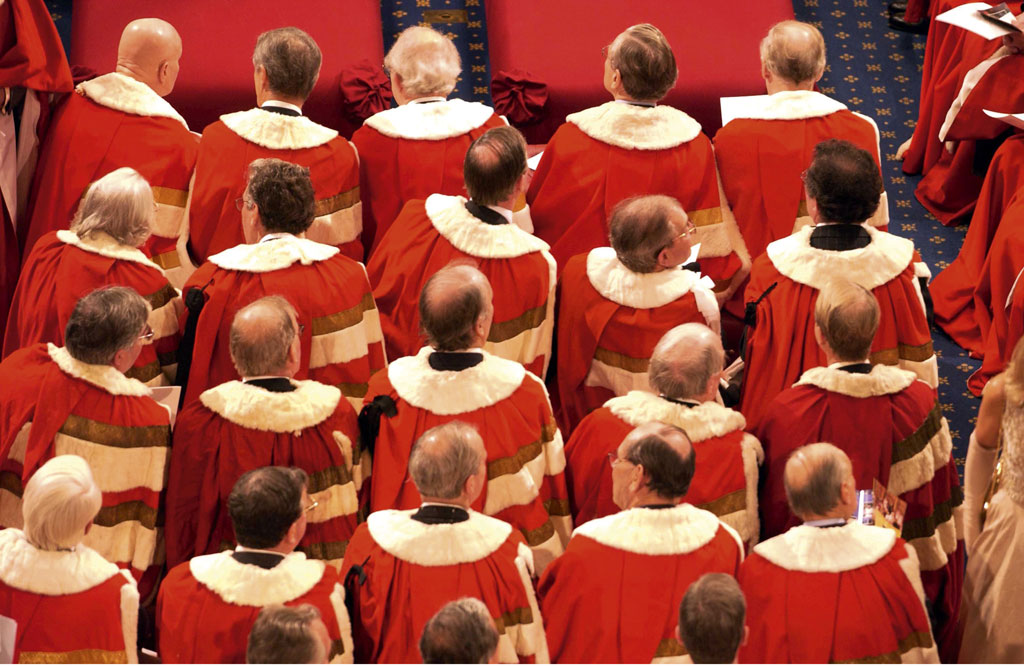
In the first of an occasional series, Michael Zander reviews the House of Lords’ debate on Brexit
- The House of Lords debated Brexit on 5 and 6 July 2016.
- The debate last lasted just over 14 hours—115 peers took part.
The House of Lords’ Brexit debate, spread over two days, 5 and 6 July, was impressive—115 speeches, the great majority from peers who had voted “Remain”. The tone was mainly sombre with many speeches expressing dismay at the outcome of the referendum on 23 June —devastated, disillusioned, betrayed, hurt, angry, tragedy, disaster, were words used. I counted a total of only 10 speakers who positively welcomed the result.
There was much criticism of the way both sides had handled their campaigns and condemnation from all sides of the ugly racist speech and conduct that had been unleashed. A great number referred to the need to stay on the best possible terms with our European neighbours. Many speakers from all sides urged the government to confirm that EU nationals lawfully resident in








